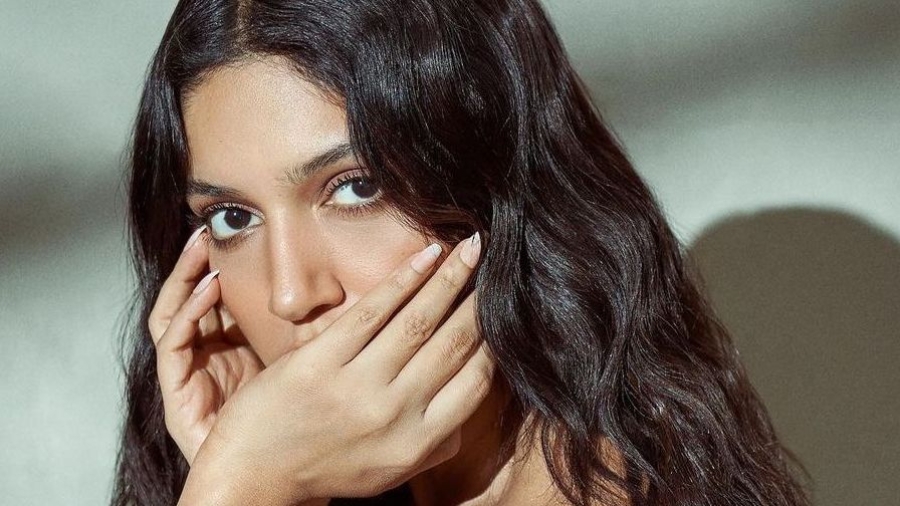Biting your nails is one of those habits that speaks before you do. The fingers look shortened, the nails appear damaged, the skin around them sore, and during stressful moments, the hand drifts to the mouth without warning. “I’ve been biting my nails since I was little. At one point, I’d even pull them out,” says Ramón Barreto, Adaptation Editor at Vogue Mexico and Latin America.
Raise your hand if someone in your house ever chased you around with garlic nail polish. It’s a habit that cuts across age groups. Children, teens and adults experience it at different stages of life, often struggling to stop biting their nails despite repeated attempts.
The problem with biting your nails
It isn’t just a cosmetic concern. According to the Mayo Clinic, repeated biting can damage the nail bed. Even tiny cuts can allow germs to enter and trigger infections. Nails are made of keratin and designed to protect sensitive tissue. But when chewed, nails can weaken, splinter or fray, leaving rough edges that can hurt the mouth or digestive tract.
Beyond the surface, nail biting is often tied to emotional stress. Onychophagia, the clinical term for compulsive nail biting, comes from the Greek onyx meaning nail and phagein meaning to eat. According to an article by Fernando Guzmán Aguilar and Hugo Cuenca Solís for UNAM’s Journal of Scientific Dissemination, it is a behavioural response to inner tension. For many, the act is unconscious.
In children, it can be a sign of emotional distress, bullying or instability at home. For adults, it often appears during periods of burnout or after emotionally overwhelming events.
Is nail biting linked to anxiety?
It’s one of the most common questions on the internet. Psychologist Camila Colina explains that nail biting can be a form of sensory regulation. “It’s a way to bring attention back to the body through repetitive, automatic movement,” she tells Vogue Mexico and Latin America. In some cases, it is a stimming response, helping the body handle sensory overload or lack of stimulation. The hands act before the brain has time to process, often targeting the nails unconsciously.
How to break the habit
If you’ve been biting your nails for years, it might feel like an unshakable cycle. But Colina says the habit can be replaced. “One option is to substitute the behaviour with something that brings the same kind of relief,” she says. If nail biting helps manage stress, grounding habits can serve a similar function. Touching your arms or legs to reconnect with your body or keeping a stress ball at your desk can help interrupt the loop and protect your nails.
Source link











